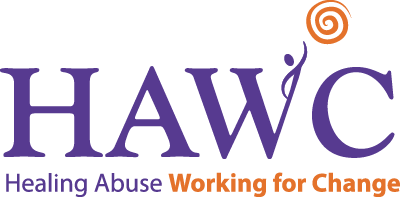Plan
Sit down with your children and go over how to safely behave during violent outbursts:
- Remind them not to get involved.
- Find safe hiding spots.
- Give them a list of important phone numbers to call if there is an emergency.
- Create a code word so that your children know when to hide or leave the house.
Practice
After creating a plan, practice dialing important numbers, responding to the code word, finding hiding places within the house, or rehearsing an escape route.
Communicate
While many parents keep children from getting involved in abusive situations, it is important to talk to your children about what they might be witnessing. Tell your children that no one should ever be violent. Remind them that they did not cause the violence—abuse is never their fault. Reiterate that their safety is the number one priority during abusive outbursts.

